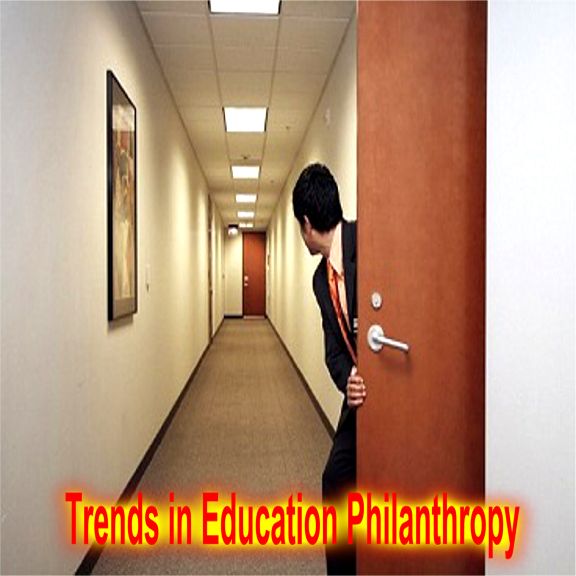Charter Schools Are Quietly Gobbling Up My Public School District
I work in a little suburban school district just outside of Pittsburgh, Pennsylvania, that is slowly being destroyed by privatization.
Steel Valley Schools have a proud history.
We’re located (in part) in Homestead – the home of the historic steel strike of 1892.
But today it isn’t private security agents and industrial business magnates against whom we’re struggling.
It’s charter schools, voucher schools and the pro-corporate policies that enable them to pocket tax dollars meant to educate kids and then blame us for the shortfall.
Our middle school-high school complex is located at the top of a hill. At the bottom of the hill in our most impoverished neighborhood sits one of the Propel network of charter schools.
Our district is so poor we can’t even afford to bus our kids to school. So Propel tempts kids who don’t feel like making the long walk to our door.
Institutions like Propel are publicly funded but privately operated. That means they take our tax dollars but don’t have to be as accountable, transparent or sensible in how they spend them.
And like McDonalds, KFC or Walmart, they take in a lot of money.
Just three years ago, the Propel franchise siphoned away $3.5 million from our district annually. This year, they took $5 million, and next year they’re projected to get away with $6 million. That’s about 16% of our entire $37 million yearly budget.
Do we have a mass exodus of children from Steel Valley to the neighboring charter schools?
No.
Enrollment at Propel has stayed constant at about 260-270 students a year since 2015-16. It’s only the amount of money that we have to pay them that has increased.
The state funding formula is a mess. It gives charter schools almost the same CONTINUE READING:















 Khabirah founded the Black Student Union at Madrona Elementary School and has served as the Garfield High School BSU president for the past three years. She has been a relentless advocate for Black students and lead many struggles for racial justice and initiatives to promote Black excellence.
Khabirah founded the Black Student Union at Madrona Elementary School and has served as the Garfield High School BSU president for the past three years. She has been a relentless advocate for Black students and lead many struggles for racial justice and initiatives to promote Black excellence.


